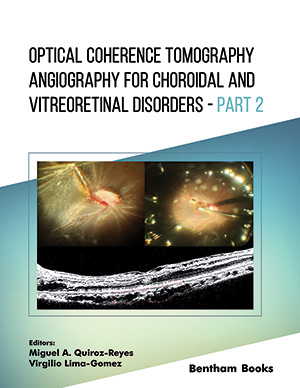Abstract
Introduction: Drug-induced thrombocytopenia (DIT) is a condition characterized by low platelet count after administration of a variety of drugs. It is most commonly seen in patients treated with heparin. Its diagnosis is complicated when more than one DIT-causing drug is co-administered. Patients with thrombocytopenia may present with minor or major hemorrhages, depending on the severity of the recess of the platelets.
Case Description: We herein report an uncommon presentation of acute IIb/IIIa glycoprotein inhibitor-induced thrombocytopenia in a 50-year-old male who suffered from myocardial infarction. Serial complete blood counts revealed low platelet counts, rising after discontinuation of the administered IIb/IIIa inhibitor. Recovery was prompt, complete, and sustained with minimal costs.
Conclusion: This report highlights the importance of prompt recognition of severe thrombocytopenia caused by IIb/IIIa inhibitors, particularly tirofiban, by measuring platelet count before and after the initiation of tirofiban, as it can be resolved by the interruption of its infusion and early supportive treatment.
Keywords: Thrombocytopenia, IIb/IIIa glycoprotein inhibitors, Tirofiban, Heparin-induced thrombocytopenia, Myocardial infarction, Treatment.
[PMID: 20200641]
[http://dx.doi.org/10.1093/eurheartj/ehv320] [PMID: 26320110]
[http://dx.doi.org/10.1155/2014/190149] [PMID: 24715904]
[PMID: 30549322]
[http://dx.doi.org/10.1161/01.CIR.101.25.e241] [PMID: 10869280]
[http://dx.doi.org/10.1093/ehjcvp/pvu008] [PMID: 27533978]
[http://dx.doi.org/10.1007/s00392-006-0459-7] [PMID: 17146606]
[http://dx.doi.org/10.1111/j.1538-7836.2004.00744.x] [PMID: 15140135]
[http://dx.doi.org/10.1016/j.hoc.2007.06.005] [PMID: 17666285]
[http://dx.doi.org/10.1161/01.CIR.0000127867.41621.85] [PMID: 15117843]
[http://dx.doi.org/10.1016/j.revmed.2017.05.013] [PMID: 28690092]
[http://dx.doi.org/10.1007/s12185-013-1382-0] [PMID: 23821332]
[http://dx.doi.org/10.1378/chest.127.2_suppl.53S] [PMID: 15706031]
[http://dx.doi.org/10.2147/JBM.S232648] [PMID: 32884385]
[http://dx.doi.org/10.1161/CIRCULATIONAHA.109.853135] [PMID: 20439812]
[http://dx.doi.org/10.3109/09537104.2013.787406] [PMID: 23786335]
[http://dx.doi.org/10.1182/asheducation-2018.1.576] [PMID: 30504360]
[http://dx.doi.org/10.3109/09537104.2012.696749] [PMID: 22720791]































